It seems that every card that drops on to our doormat at home and every seasonal greeting that pops up on my work screen makes mention of the strange year we have been experiencing. Many of us will ruefully regard 2020 like a panto where we can eventually shout out: ‘it’s behind you'.
Well, it is not behind us yet, even if there are reasons for optimism as a vaccination programme is rolled out. For the first time since my retirement as a Vice Chancellor, I have been grateful that I am no longer doing the job. Covid-19 has brought sickness and loss to our families, communities and campuses; and, in order to protect the health of our students, staff and their friends and family, great changes to teaching and learning have been necessary. Guidance has been issued and reissued and almost daily reports sent to regulators. A great uncertainty has entered our stable world.
While in some senses we are all in this together, some are quite clearly more in it than others. The virus is more problematic in some age groups and ethnicities. Younger students often make a speedy and full recovery from Covid-19, in comparison to their grandparents. On the other hand, first year students have suffered from the A-Level fiasco in August and severe curtailment of their social life. The result has been to exacerbate existing challenges to the mental well-being of students. Counselling services and student support in higher education are reporting being overwhelmed and sensible providers are turning to third parties for help. In terms of student health, there has to be a balance between isolation to contain the virus and socialisation to protect mental health.
Interestingly, student surveys suggest that students have come to value learning online. They miss the social interaction with peers that happens in face-to-face lectures and seminars but appreciate the flexibility of online learning. It is clear that online learning is here to stay and we will move not into an ‘either/or’ world but into an ‘and/both world. Clearly students will not readily forgo the flexibility of current arrangements – institutions and staff need to prepare for this.
Despite dire predictions, recruitment was up (perhaps because rising youth unemployment and curtailed gap year experiences meant that there were no alternatives) and retention is also better than in previous years. The latter is a tribute to the quality of online learning that has been introduced. Where student dissatisfaction has emerged, it has been largely directed to accommodation providers which are seen as offering poor value for money if you are, or could be, studying in the parental home.
One of my greatest concerns is for Years 12 and 13 in schools and colleges. Their education has been significantly disrupted at a crucial time and they still do not know with any certainty what the examination arrangements will be in England this summer. School pupils have been significantly impacted by the digital divide of unequal access to devices and online learning. Remedial tutoring arrangements promised by the Government have been slow to roll out and traditional outreach programmes from universities and others have not been able to go into schools and colleges. This is another severe blow for non-traditional students. We know that students who are the first from their family to enter higher education often lack basic information about finance and entry routes. Frequently they are pigeon-holed as not higher education material and without encouragement, information, and role models they do not proceed to higher education. Good outreach activity can supply this, thus supporting aspiration and achievement. Ideally such activities need to start in primary school and in this context there is a chance to catch up with such long-term activity post-pandemic. But no or limited chance for those already in the final years of school.
Several universities have tried to bridge the gap with online activity but this is a significant investment for a smaller institution. To be effective such activity has to be interactive and available to those pupils on the wrong side of the ‘digital divide.’ As I have noted before, there is value in smaller and specialist institutions coming together in this type of activity, to produce a shared model that is of quality, efficient, cost-effective and can benefit all – indeed the success of SEER is a great demonstration of the power of such collaborative service in the data, evaluation and research space.
I look back on a year of disappointments and turmoil, taken over in large part by a pandemic we had not expected, with both sadness and hope. There is indeed a sense of achievement at what has been created in such a rapid transformation to online teaching. Our focus in these difficult days has rightly been on the health and safety of our students and staff, yet as the pandemic begins to recede we need to focus on the most disadvantaged students and potential students who are in danger of losing their opportunities: to get into higher education; to succeed in their studies; and to progress into the careers of their choice. If we are truly ‘all in it together’ then these students need to be our special concern in the coming year.
Les Ebdon
